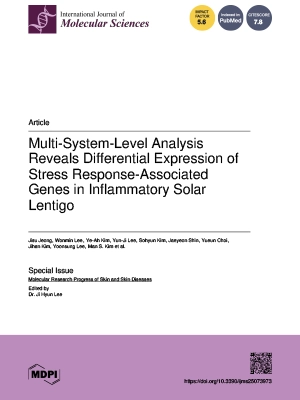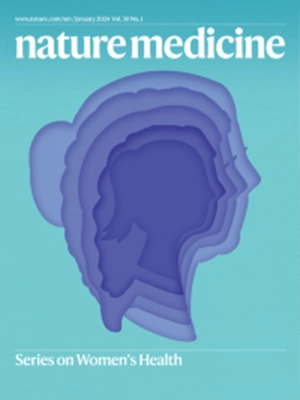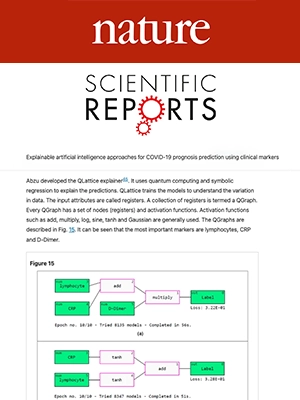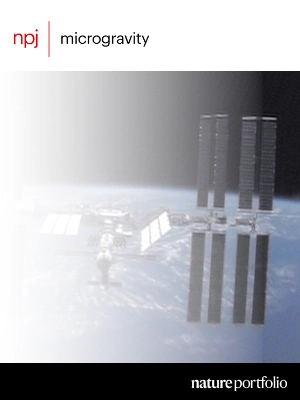Casper Wilstrup, Paula L. Hedley, Line Rode, Sophie Placing, Karen R. Wøjdemann, Anne-Cathrine Shalmi, Karin Sundberg, Michael Christiansen
Abstract.
Objectives.
Pre-eclampsia (PE) is an important cause of perinatal morbidity and mortality. Despite an elusive pathophysiology, PE has been associated with changes in maternal serum concentrations of adipokines in early pregnancy. We hypothesized, that symbolic regression might identify interactions between adipokines and PE, which may have eluded regression and Bayesian models.
Methods.
In this nested case-control sub-study, of the Copenhagen First Trimester Screening Study, data regarding maternal weight and serum concentrations of PAPP-A, leptin (Lp), soluble leptin receptor (sLR), adiponectin, and resistin (Re) was available from 423 first trimester pregnancies (gestational week 10+3– 13+6), 126 of which developed PE. Symbolic regression with QLattice®/Feyn® 2.1 was used to identify models comprising two-interactions between up-to three markers.
Results.
The optimal mathematical model exhibited a non-linear relation between Re and the combined effect of sLR and Lp. The model was dependent, in a Gaussian way, on the level of Re. The receiver operating characteristic (ROC) curve of the model viz. identification of PE cases in first trimester had an AUC of 0.81 and a modelled DR of 40 % for a FPR of 4 %. Symbolic regression outperformed logistic regression of the same parameters with a ROC with AUC = 0.77, and a DR of 7 % for a 3 % FPR.
Conclusion.
Symbolic regression identified non-linear interactions between Lp, sLR and Re concentrations in first trimester pregnancy serum of pregnancies which later developed PE. Non-linear interactions suggest new pathophysiological pathways and may help in designing more efficient screening protocols for PE.
This publication is open access.
Anyone can read, download, distribute, or cite this paper.
You can opt out at any time. We’re cookieless, and our privacy policy is actually easy to read.












